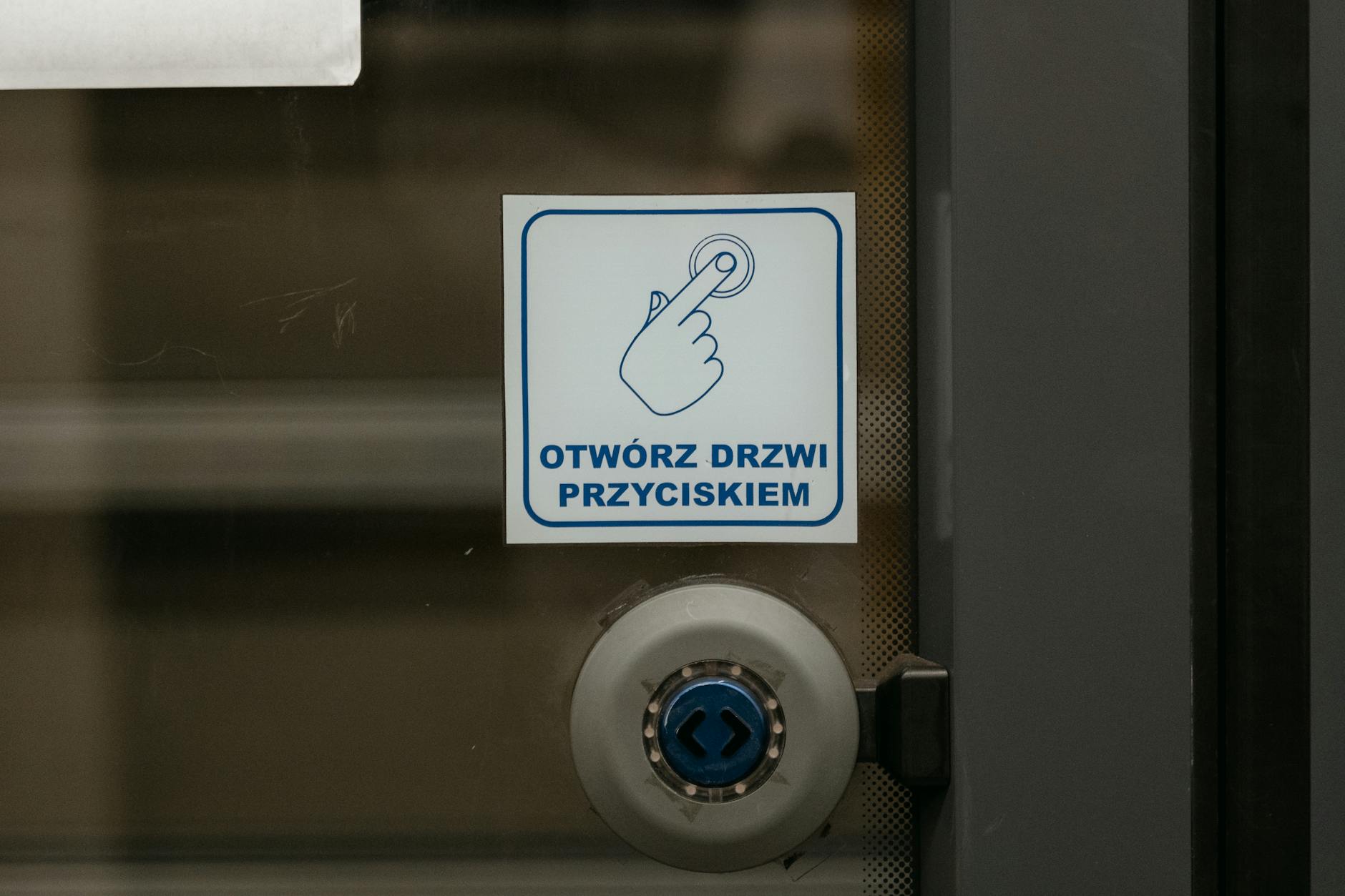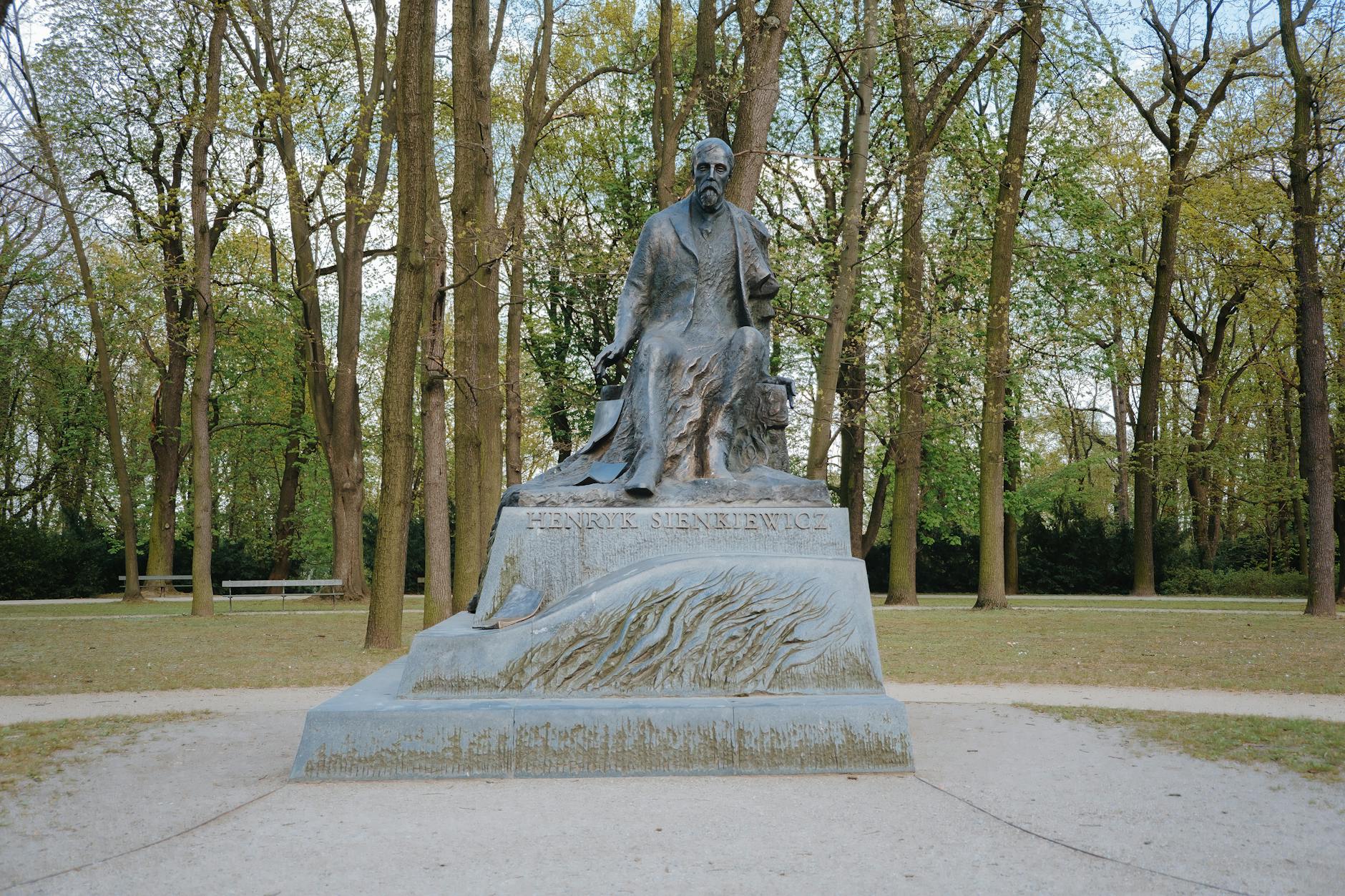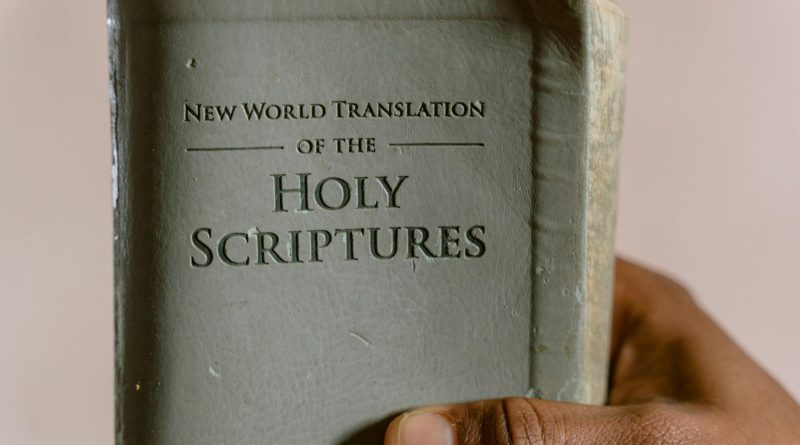Polish
Exploring the language, culture, and history of Poland through the lens of the Polish language reveals a rich tapestry of tradition and identity. Polish, known as „polski” by its native speakers, stands as a testament to the resilience and vibrancy of the Polish people. This Slavic language, with its intricate grammar and melodic tones, serves as a gateway to understanding the heart and soul of Poland.
Polish Phonetics
When delving into the realm of Polish phonetics, one cannot help but be captivated by the intricate sounds and pronunciation rules that define this Slavic language. The phonetic landscape of Polish is adorned with unique features that set it apart from other languages, making it a fascinating subject of study for linguists and language enthusiasts alike.
One of the notable aspects of Polish phonetics is the presence of consonant clusters, where multiple consonants are strung together within a single syllable. This characteristic can pose a challenge for non-native speakers, as navigating through clusters such as „chrząszcz” (beetle) requires a keen ear and precise articulation.
Furthermore, the nasal vowels in Polish add a melodic quality to the language, creating a distinctive cadence that resonates through words and phrases. The ability to differentiate between nasal and oral vowels is crucial for mastering the pronunciation of Polish words accurately and fluently.
Stress patterns play a crucial role in Polish phonetics, as the placement of stress can alter the meaning of words. Understanding the rules governing stress in Polish is essential for conveying the intended message and avoiding potential misunderstandings in communication.
Exploring the nuances of Polish phonetics unveils a world of complexity and beauty, where sounds intertwine to form a rich tapestry of linguistic expression. From the soft lilt of vowels to the crisp enunciation of consonants, each phonetic element contributes to the symphony of the Polish language, creating a harmonious blend of tradition and innovation.

Polish Grammar
When it comes to Polish grammar, one cannot help but marvel at the intricacies and complexities that shape the structure of this language. From noun declensions to verb conjugations, every aspect of Polish grammar demands attention and precision. The Polish language is notorious for its extensive system of noun declensions, where nouns change form depending on their grammatical case, number, and gender. This feature adds depth and specificity to the language, allowing for precise communication and expression.
Verb conjugations in Polish are another fascinating aspect of its grammar. Verbs in Polish change form based on tense, aspect, mood, person, number, and gender, making the conjugation process quite elaborate. Understanding and mastering verb conjugations is essential for constructing grammatically correct sentences and conveying precise meanings in Polish.
Furthermore, the sentence structure in Polish follows a specific pattern that differs from English and other languages. In Polish, the word order is more flexible due to the inflectional nature of the language. This flexibility allows for emphasis on different parts of the sentence, depending on the context or the speaker’s intention.
One of the most challenging aspects of Polish grammar for learners is the concept of aspect in verbs. Polish verbs can be classified as perfective or imperfective, indicating whether an action is completed or ongoing. This distinction plays a crucial role in expressing past, present, and future actions accurately.
Additionally, Polish grammar features a variety of exceptions and irregularities that keep learners on their toes. While the rules provide a solid foundation, exceptions add an element of surprise and complexity to the language. Navigating through these exceptions requires patience, practice, and a keen eye for detail.
In summary, Polish grammar is a fascinating journey into the intricacies of language structure. From noun declensions to verb conjugations and sentence structure, every aspect of Polish grammar offers a unique challenge and a rewarding experience for those willing to explore its depths.
Polish Vocabulary
When delving into the realm of Polish vocabulary, one cannot help but marvel at the diverse linguistic landscape that unfolds before them. The Polish language boasts a rich tapestry of words, each carrying a unique history and cultural significance. From everyday expressions to specialized terminology, the Polish vocabulary is a reflection of the country’s heritage and evolution.
One fascinating aspect of Polish vocabulary is the presence of loanwords, words borrowed from other languages that have seamlessly integrated into everyday speech. These borrowed words add depth and nuance to the language, showcasing Poland’s historical connections with neighboring countries and beyond. Whether it’s words from German, French, or English, each loanword brings a distinct flavor to Polish communication.
Moreover, idiomatic expressions play a significant role in the Polish lexicon, offering colorful ways to convey meaning and emotion. These unique phrases often have roots in Polish folklore, history, or cultural traditions, making them not just linguistic tools but also windows into the Polish mindset. Understanding and using idiomatic expressions can truly enhance one’s grasp of the language and connect them more deeply with Polish speakers.
Additionally, Polish vocabulary is enriched by words that are deeply rooted in the country’s culture and history. These words may not have direct equivalents in other languages, making them truly unique to the Polish linguistic experience. Whether referring to traditional dishes, folklore elements, or historical events, these culturally specific words offer insights into Poland’s identity and values.
As one navigates the vast terrain of Polish vocabulary, they encounter a language shaped by centuries of influences, conquests, and innovations. Each word carries a story, a connection to the past, and a glimpse into the soul of a nation. Exploring the Polish vocabulary is not just a linguistic journey but a cultural odyssey, inviting learners to immerse themselves in the vibrant world of Polish expression.

Polish Literature
Polish literature is a vibrant tapestry woven with the threads of history, culture, and imagination. It reflects the soul of the Polish people, capturing their joys, sorrows, and aspirations through the power of words. From epic poems to modern novels, Polish literature offers a glimpse into the heart and mind of a nation shaped by centuries of tumultuous events. Each literary work is like a mirror, reflecting the values, beliefs, and struggles of the Polish society.
At the core of Polish literature lies a deep reverence for tradition and heritage. Classic works by renowned authors such as Adam Mickiewicz, Bolesław Prus, and Wisława Szymborska have left an indelible mark on the literary landscape, inspiring generations of writers to explore new themes and styles. These literary giants have paved the way for contemporary authors to push the boundaries of creativity and innovation, keeping the flame of Polish literature burning bright.
Themes of patriotism, resistance, and resilience resonate strongly in Polish literature, echoing the country’s turbulent past and unwavering spirit. Whether delving into the horrors of war, the complexities of human relationships, or the beauty of nature, Polish writers infuse their works with a deep sense of authenticity and emotion. Each story, poem, or play is a testament to the enduring power of language to convey the depths of human experience.
Polish literature is not just a reflection of the past; it is also a window to the future. Contemporary writers are boldly exploring new genres, experimenting with innovative forms, and addressing pressing social issues in their works. Through their storytelling, they challenge conventions, provoke thought, and spark dialogue, keeping the literary tradition alive and relevant in a rapidly changing world.
As readers immerse themselves in the world of Polish literature, they embark on a journey of discovery and enlightenment. They encounter characters who mirror their own struggles and triumphs, settings that transport them to distant lands and times, and narratives that captivate their imagination and stir their emotions. In the pages of Polish books, readers find not just stories but also reflections of their own humanity, connecting them to a rich literary heritage that continues to inspire and endure.

